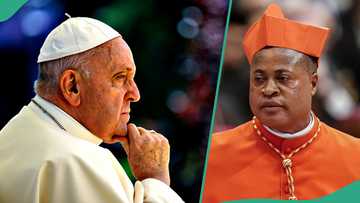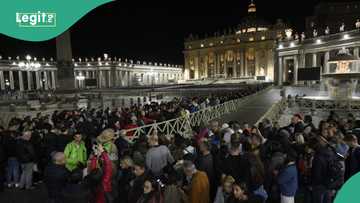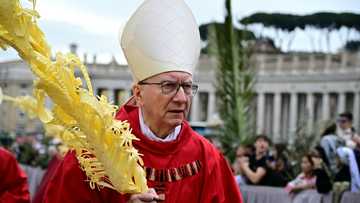Why Do New Popes Change Their Names After Election?
- A newly elected pope’s choice of name is more than a tradition—it’s a defining moment that sets the tone for his leadership
- Rooted in centuries of Catholic history, papal names carry deep symbolic meanings, often honoring past saints or influential predecessors
- As the world awaits the next pope’s decision, his chosen name could signal his vision for the Church’s future
When a new pope is elected, one of his first and most symbolic acts is choosing a new name.
This tradition, which dates back to the early Middle Ages, carries deep historical significance and sets the tone for his leadership of the Roman Catholic Church.
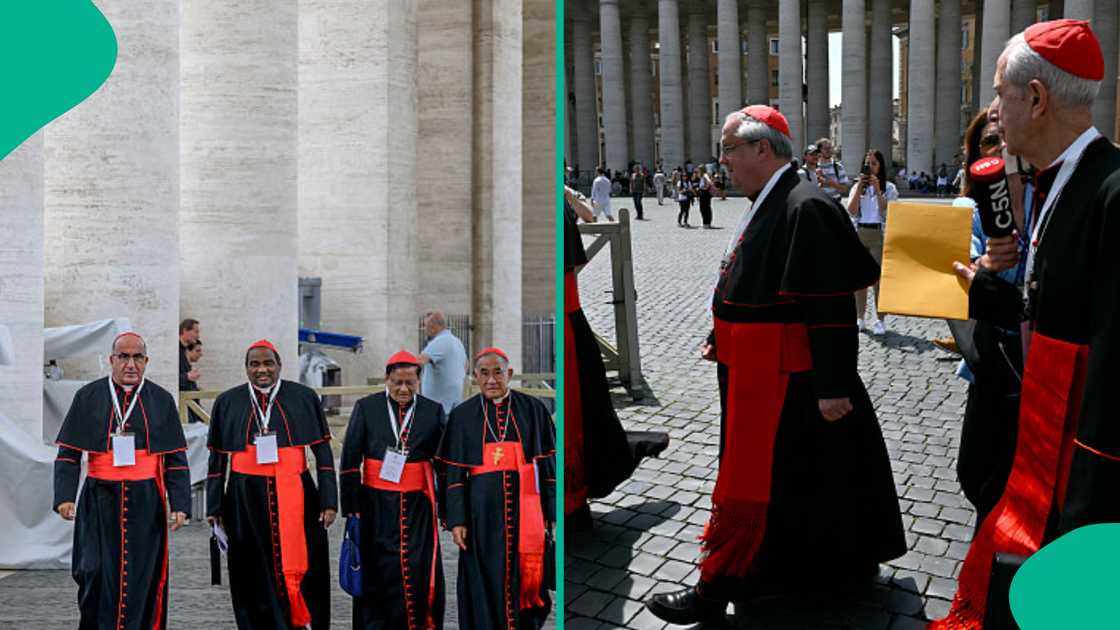
Source: Getty Images
Why do Popes change their names?
According to CNN, the practice began with Pope John II (533–535), who abandoned his birth name, Mercurius, because of its association with the Roman god Mercury.
Over time, newly elected popes continued this tradition, often selecting names that honoured past leaders or saints whose values they hoped to emulate.
Many popes have chosen names linked to strength, reform or devotion. Pope Francis, for example, honoured St Francis of Assisi—known for his humility, care for the poor and commitment to peace.
His predecessor, Pope Benedict XVI, selected his name to reflect principles of reconciliation and stability.
Names that are off-limits
One name that will almost certainly never be chosen is Peter. Out of respect for St Peter, the first pope, no successor has dared to take this name—and a centuries-old prophecy warns that "Peter II" would be the last pope to serve.
Other names, while not officially prohibited, are unlikely to be selected due to historical controversy.
For instance, Urban, which evokes memories of Urban VIII and his condemnation of Galileo, might not sit well in modern discussions on science and religion. Similarly, Pius could recall Pius XII, whose role in World War II has faced criticism.
Potential names for the next Pope
The next pope's choice of name may provide clues to his priorities. If he aims to focus on reform, he might choose Leo, after Leo XIII, who fought for social justice and workers’ rights.
Another option could be Innocent, recalling Innocent XIII, who sought to eliminate corruption within the Church.
If the new pontiff comes from the Global South, he may select a name associated with early non-Italian popes—such as Gelasius, Miltiades or Victor—all of whom had African heritage.
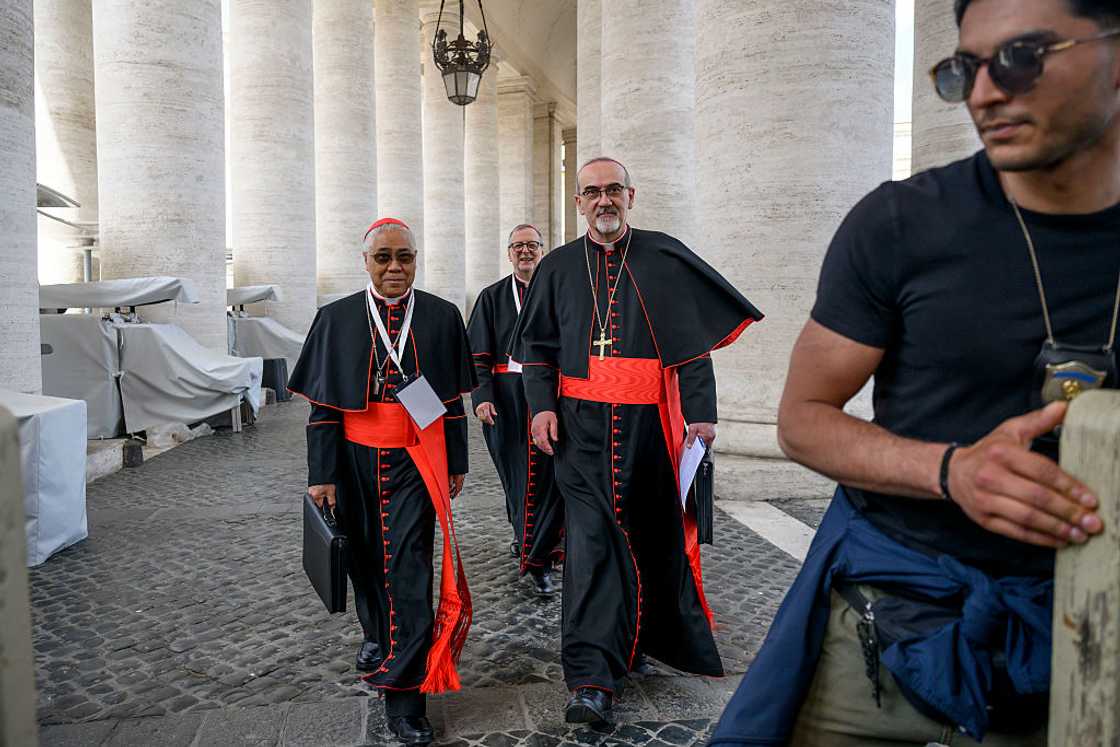
Source: Getty Images
Announcing the new Papal name
Once elected, the new pope will emerge onto the balcony overlooking St Peter’s Square. In a moment of historical significance, the protodeacon of the College of Cardinals will announce his chosen name to the world, marking the beginning of his papacy.
Although the act of choosing a name may seem minor, it holds deep significance. It honours tradition, signals priorities and defines the legacy of the Church’s newest leader. All eyes will be on the Vatican when the next pope reveals his decision.
Pope Francis’ last wish on who will inherit his car
Legit.ng earlier reported that Pope Francis’ legacy of peace continued to shine in a conflict-ridden world as his final wish for the children of Gaza became reality.
The iconic popemobile, from which he had waved to millions of faithful around the globe, was repurposed as a mobile health unit to aid children facing dire conditions in Gaza, Vatican confirmed.
Source: Legit.ng


